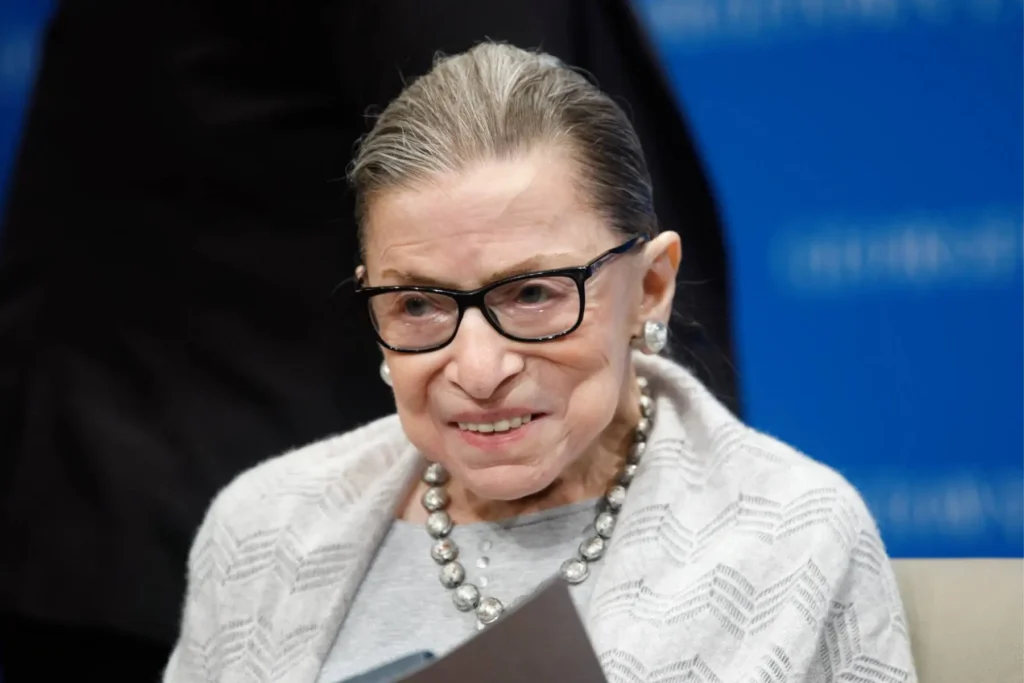In a startling turn of events, tech titan Elon Musk and media magnate Rupert Murdoch have been stripped of the prestigious RBG award after objections raised by the left-leaning singer Barbra Streisand. The decision, made by the Opperman Foundation, underscores the sway of celebrity voices in today’s politically charged landscape.
The RBG leadership award, named in honor of the late Supreme Court Justice Ruth Bader Ginsburg, is typically a symbol of recognition for outstanding contributions to society. However, this year’s selection sparked controversy when it was revealed that Musk and Murdoch would be the recipients. Streisand, a previous awardee, wasted no time in expressing her dismay through social media, igniting a firestorm of debate.

Streisand’s Instagram post, where she reminisced about her own acceptance of the award and praised the values embodied by Justice Ginsburg and Justice Sotomayor, garnered significant attention. Her pointed criticism of the chosen honorees struck a chord with many, prompting swift action from the Opperman Foundation.
In response to Streisand’s objections and pressure from other quarters, the Opperman Foundation made the unprecedented decision to revoke Musk and Murdoch’s awards. This move not only highlights the influence of vocal dissent but also raises questions about the politicization of prestigious accolades in today’s society.
The foundation’s statement emphasized its commitment to inclusivity and equality, citing Justice Ginsburg’s legacy as inspiration. While defending its original intent to honor leaders from diverse fields, the foundation acknowledged the need to avoid controversy and maintain respect for the Ginsburg family’s wishes.
The decision to rescind the awards underscores the delicate balance between honoring achievement and navigating the complexities of public perception. It serves as a reminder of the power dynamics at play in the intersection of celebrity, politics, and philanthropy.
As the dust settles on this controversy, the Opperman Foundation faces scrutiny over its future direction and the criteria for award recipients. The episode has reignited conversations about the role of influential voices in shaping public discourse and the responsibilities of organizations in upholding their stated values.
In the wake of this decision, both supporters and critics alike are left pondering the broader implications for the intersection of celebrity, activism, and institutional recognition. The fallout from Streisand’s intervention serves as a cautionary tale about the potential pitfalls of aligning prestigious honors with political ideologies.
In a landscape increasingly defined by polarizing opinions and heightened sensitivities, the saga of the RBG award serves as a microcosm of broader societal tensions. As individuals and organizations navigate these turbulent waters, the challenge remains: how can recognition be bestowed without succumbing to the pressures of partisan politics?



